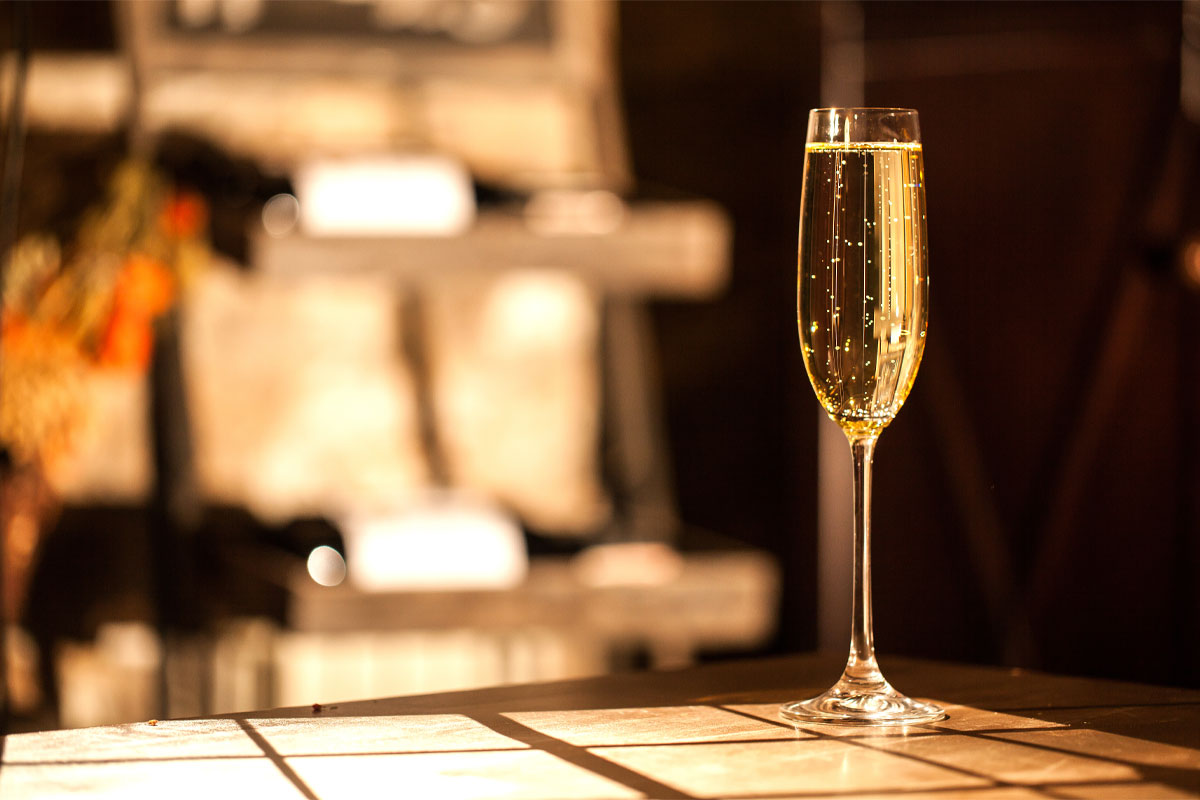The rush to tackle ‘binge drinking’ has caused no end of confusion

By Jack Cummins
IRRESPONSIBLE drinks promotions: in the gun sights of politicians when the Licensing (Scotland) Act 2005 was being framed.
The objective was, of course, to crack down on trading practices leading to excessive alcohol consumption, with so-called ‘binge drinking’ high on the hit list.
Now, there are those who would like to see all types of promotions treated as ‘irresponsible’.
You’ll recall that the Scottish Government is re-thinking its consultation on a whole raft of advertising and marketing bans, covering everything from billboards to social media.
While the original proposals will be watered down, we can still expect to see novel restrictions based on the health lobbyists’ wish list.
But back to the present. Although the 2005 Act has been in operation for 14 years, the rules governing promotions continue to give rise to difficulty. In fact, not a week goes past without enquiries from perplexed clients. There’s one standout hot spot: offering alcohol as a ‘reward or prize’ unless the alcohol is supplied in a sealed container for consumption off the premises.
The dictionary definitions of those terms are of course totally straightforward.
A ‘reward’ is something given for achievement, while a ‘prize’ is awarded for success in a contest.
Yet, on occasions, those meanings are stretched to absurd lengths. There have been challenges where a pub offers a free pint to customers attending a football screening if the national team triumphs over its opponents. Why? Because the pint is a ‘reward’ for visiting the premises. It totally defies common sense.
There’s another example known in licensing law circles as ‘Mumsgate’. A number of years ago a pub offered a free bottle of sparkling wine to customers booking a Mother’s Day lunch. That promotion was called out as a ‘reward’ and had to be abandoned. To this day, no one understands the supposed reward element. A reward for being a mother?
There may also be disputes where alcohol is supplied free of charge, although this now seems to be less common. The 2005 Act bans “the supply of an alcoholic drink free of charge or at a reduced price on the purchase of one or more drinks (whether or not alcoholic drinks)”. If the intention was to outlaw free alcohol outright, then the law would have made that absolutely clear. But plainly the embargo only comes into play where the starting point is the purchase of a drink. Nevertheless, it’s not unknown for ‘meal deals’ to come under fire: for example, where a meal is offered with a complimentary bottle of wine. That sort of promotion is perfectly lawful (provided that the cost of the combo meets the statutory minimum price of the alcohol). Again, the basis of the quibble is far from clear: a reward for buying a meal?
When it comes to pricing, one area of difficulty looks to have been finally settled. In terms of the Act, a promotion is deemed ‘irresponsible’ if it “involves the supply free of charge or at a reduced price of one or more extra measures of an alcoholic drink on the purchase of one or more measures of that drink”. (This only applies where alcohol is sold for consumption on the premises).
As soon as that provision was enacted, alarm bells rang out in the trade, with the Scottish Beer and Pub Association voicing concerns that the law called for ‘linear pricing’. In other words, a double measure of a drink would require to be priced at twice the cost of a single.
That concern has been put to bed but with important qualifications.
In the first place it is not permissible to ‘upsell’. A customer ordering a single measure should not be encouraged to go large with a double on the basis that it represents better value.
Secondly, linear pricing does apply in relation to a ‘package’ (whether sold for on- or off-consumption).
Directed at discounted multipacks, the Act dictates that a package containing two or more alcoholic drinks can only be sold at a price equal to the sum of the prices at which each product is for sale on the premises (even if the package contains a non-alcoholic product).
However, the restriction only operates where each of the alcoholic products is offered for sale individually.




















